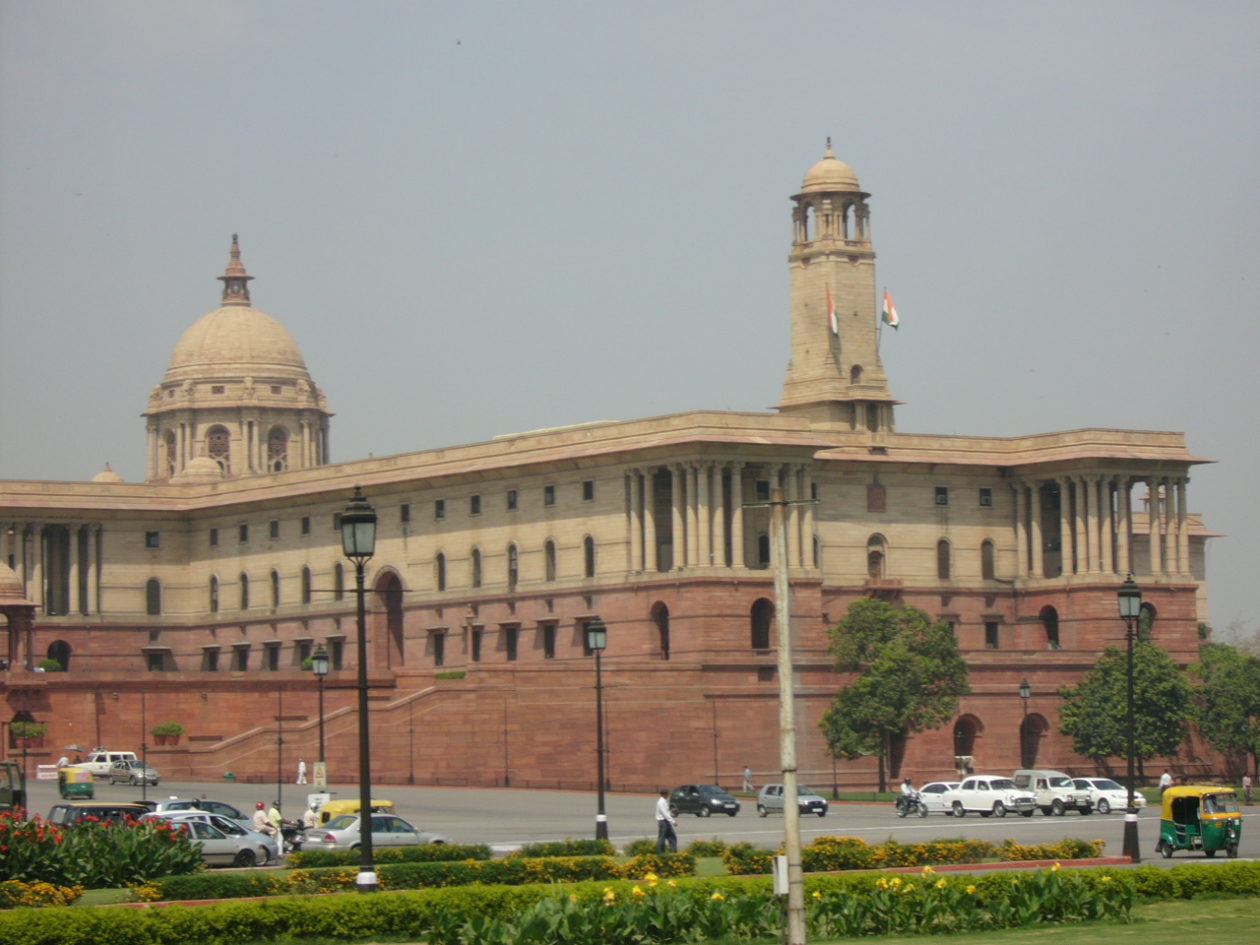The Indian parliament held its first meeting on the future of cryptocurrencies in the country on Monday. The meeting was attended by representatives of crypto exchanges including Binance-owned WazirX, India’s two crypto unicorns CoinDCX and CoinSwitch Kuber, and others.
Blockchain and Crypto Assets Council (BACC) members, industry bodies and stakeholders also participated in the meeting, chaired by the leader of the ruling party, Jayant Sinha. The meeting was hosted by the Parliamentary Standing Committee on Finance. While crypto industry stakeholders have been in dialogue with the government for the past several months, this was the first official meeting convened to discuss their views.
At the end of the meeting, a consensus was reached that cryptocurrencies should be regulated in the country and that a blanket ban is off the table. However, it is not yet clear who the regulator should be for the crypto market.
“There was overall consensus among members of parliament that there should be regulation instead of banning it. Now there are two ways of looking at it. Either 90% of it is banned and 10% is allowed or vice versa. That’s the trade-off discussion which has been pending. And for that we have to go point-by-point,” one source told the Financial Express.
The meeting discussion ranged from deliberating on how foreign crypto exchanges should be treated, how crypto-related ad campaigns can be controlled, to how investor protection can be ensured, as well as the central bank’s view of crypto’s potential threat to the economy.
The Reserve Bank of India, India’s central bank, has consistently called for a ban on cryptocurrencies, which the RBI governor believes cannot be called “currencies” since they lack intrinsic value. RBI governor Shaktikanta Das reiterated his concerns last week at the BFSI Insight Summit saying: “Cryptocurrencies are a very serious concern and we have concerns from macroeconomic and financial stability point of view. RBI has given detailed suggestions to the government and the matter is under active consideration of the government.”
Although Das has been staunchly against cryptocurrencies, he said the final call lies with the government. Das went on to say that crypto industry figures regarding the number of retail investors and total investment in the crypto sector in India were exaggerated, despite the fact that the government has admitted multiple times that it does not collect or have any concrete data related to the cryptocurrency market.
In 2018, the RBI had tried to put a de facto ban on cryptocurrencies by asking all regulated banks to stop services to crypto-related businesses. The order was, however, quashed by the apex court in early 2020.
The parliamentary meeting on Monday followed a meeting chaired by prime minister Narendra Modi on Saturday. The Saturday meeting had discussed the potential use of cryptocurrencies for illicit activities like money laundering and terror financing, according to a report by CNBC TV-18.
The meeting had also discussed potentially misleading advertisements printed in daily newspapers. It was believed that these advertisements could mislead the youth by focusing on potential gains and not the risks.
These meetings held in rapid succession point to the fact that the government wants to push out a crypto regulatory mechanism as early as possible. According to reports earlier this month, the government is looking to introduce the crypto bill in the winter session of parliament scheduled to start later this month.
While the details of the bill are yet to be released, these meetings, along with finance minister Nirmala Sitharaman’s consistent reassurances that crypto will not be shut out, dispel the fears of a blanket ban that have haunted the Indian crypto industry for years. Even now, crypto exchanges continue to struggle to provide payment options to users as major banks have steered clear of the industry or pulled back their services.

